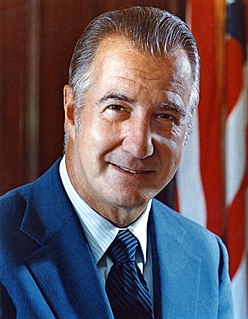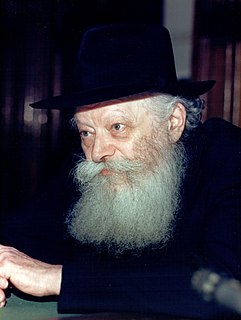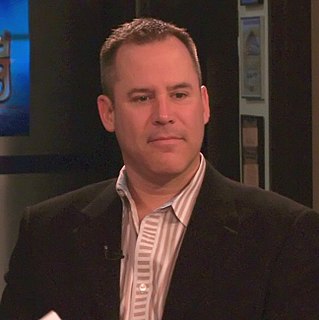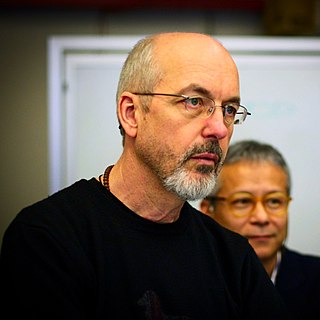A Quote by Stephen Fry
What other developed democracy has such a ridiculous and squalid history of intolerance? From the imprisonment and roasting of heretics, witches and poachers, to the censorship of literature, art and television: from St Alban through Wilde, Joyce and Lawrence I think we can point with pride to as grim a catalogue of intemperate, bigoted repression as any nation on earth.
Related Quotes
Recalling some of the most spectacular horrors of history - the burning of heretics and witches at the stake, the wholesale massacre of heathens, and other no less repulsive manifestations of Christian civilization in Europe and elsewhere - modern man is filled with pride in the progress accomplished, in one line at least, since the end of the dark ages of religious fanaticism.
I think art must be tough! I think art has to be hard. I don't think it should be easy. I think it should take foot-pounds of energy to produce that art, otherwise we would have more mediocre writers, and we don't have room for any more mediocrity in the world. There's already enough of it being visited on us night and day through the Internet, and through television, and through politics.
To a person uninstructed in natural history, his country or sea-side stroll is a walk through a gallery filled with wonderful works of art, nine-tenths of which have their faces turned to the wall. Teach him something of natural history, and you place in his hands a catalogue of those which are worth turning around. Surely our innocent pleasures are not so abundant in this life, that we can afford to despise this or any other source of them.
I do not claim to have any developed or sophisticated views in political philosophy, but I think that one of the lessons of the last few hundred years of history is that the greatest threat to human prosperity and well-being is fanaticism and intolerance, even in the name of apparently laudable goals.
As a form of moral insurance, at least, literature is much more dependable than a system of beliefs or a philosophical doctrine. Since there are no laws that can protect us from ourselves, no criminal code is capable of preventing a true crime against literature; though we can condemn the material suppression of literature - the persecution of writers, acts of censorship, the burning of books - we are powerless when it comes to its worst violation: that of not reading the books. For that crime, a person pays with his whole life; if the offender is a nation, it pays with its history.
I am not asking for government censorship or any other kind of censorship. I am asking whether a kind of censorship already exists when the news that forty million Americans receive each night is determined by a handful of men responsible only to their corporate employers and filtered through a handful of commentators who admit to their own set of biases.
Intolerance lies at the core of evil. Not the intolerance that results from any threat or danger. But intolerance of another being who dares to exist. Intolerance without cause. It is so deep within us, because every human being secretly desires the entire universe to himself. Our only way out is to learn compassion without cause. To care for each other simple because that 'other' exists.
The 20th century saw far greater catastrophes than September 11th, as bad as it was, and they didn't render literature or art or music irrelevant. In fact, I think that literature and art help us to understand - sometimes they provide narratives and metaphors for understanding history, for understanding recent catastrophes.


































